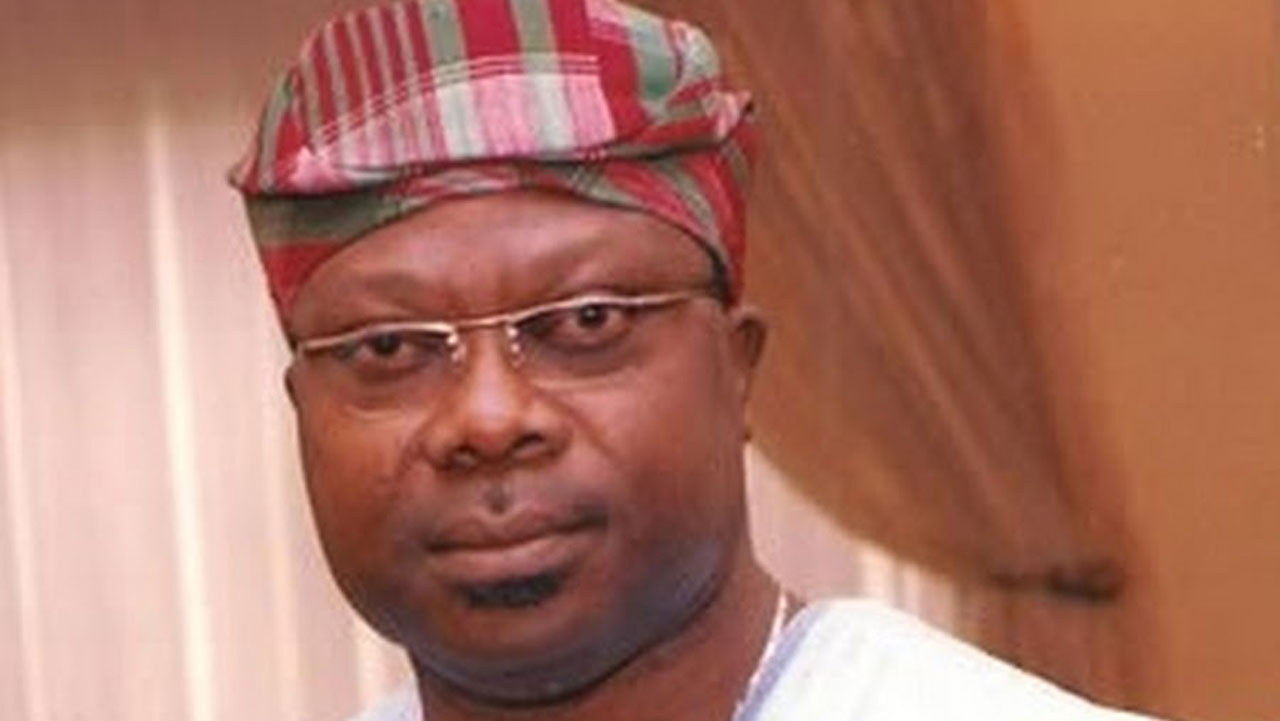When news broke that Chief Geoffrey Uche Nnaji, Nigeria’s immediate past Minister of Innovation, Science and Technology was facing damning issues regarding his academic credentials, not many had expected that he was going to walk away from the scene in the heat of the moment. A man of exceptional courage, he chose to follow the path less travelled upon in Nigeria and Africa’s political space. After a careful consideration of facts, principles, and opinion, the former minister threw in the towel to the surprise and adulations of many, including his political opponents. His many accusers believed he would not have the courage to resign and let the due process of the law take its course. But he acted otherwise leaving many dumfounded and impressed almost in equal measures.
Indeed, it takes courage to take certain personal decisions. And Chief Nnaji’s resignation should be read as an act of candor anchored on principles, further pointing to the nature of his convictions. As it stands, it remains tough to know the exact facts of the matter regardless of the weight of accusations which have not been tested in the courts. To this end, Nnaji still has a thing or two to say regarding his innocence and alleged guilt.
Nnaji’s surprise resignation has raised the bar. Again, it has reinforced public standards for politicians in the country, and on the African continent where it will remain tough for public officers to take hard private decisions that ultimately impact the government and people. Indeed, Nnaji’s exit from President Bola Tinubu’s cabinet takes pressure off the government, affording the President the needed time, focus, and energy to face other pressing issues confronting his government and the country. As it stands, Nnaji’s resignation does not confer guilt on him. It does not even mean that his accusers are right. To be sure, his resignation is a time for reflection, for reevaluation of moral codes and conscience for political officers and those outside the corridors of power too.
The former minister’s exit has invested his name with a certain amount of courage regardless of the substantive issues he has to face in court regarding the allegations surrounding his credentials. Regardless of the eventual outcome of court processes, he will remain a man of courage in the estimation of some analysts. In any case, there are two courts where the former minister has to answer charges.
The legal courts may pronounce its heavy judgments if prosecutors find out that, indeed, Nnaji has committed infractions against the law. Again, there is the possibility that he may not have any case to answer if his defence attorneys bring their own facts of the matter to the hearing of the presiding judge. It will remain tough to tell precisely what the final outcome of this matter may turn out to be. No one knows for how long this case will go on in, and out of the courts.
In the court of public opinion, the former minister may end up receiving praise from observers of the country’s politics and policies. It is rare for public office holders in this part of the world to voluntarily leave office. The reality of sit tight office holders makes Nnaji’s sudden resignation impressive, raising hopes that the country may be achieving a new level of moral standards for public office holders.
While resignations are common in most western democracies, there are not pedestrian events in Nigeria and Africa. Nonetheless, Nnaji’s Tuesday’s night resignation follows the path of some public officers in Nigeria and further afield. For instance, Kemi Adesoun resigned in 2018 during President Buhari’s time in office while Professor Adenike Grange did the same in 2008 under President Yar’Adua’s Presidency. These are just two recent examples from Nigeria while Ghana’s Cecilia Abena Dapaah resigned as Sanitation Minister in July 2023 amid a cash probe.
Elsewhere, Jacob Zuma of South Africa resigned as President on February 4, 2018, amid political pressure from his party members among other issues. Also, in 2018, Nhlanhla Nene, South Africa’s Finance Minister resigned.
Chief Geoffrey Uche Nnaji’s case is before a judge in a legal court, but it is in the court of public opinion that the minister will also have to defend himself and put an end to the case and this is where he will need his courage the most.
*Ani, a public affairs analyst, wrote from Enugu.






